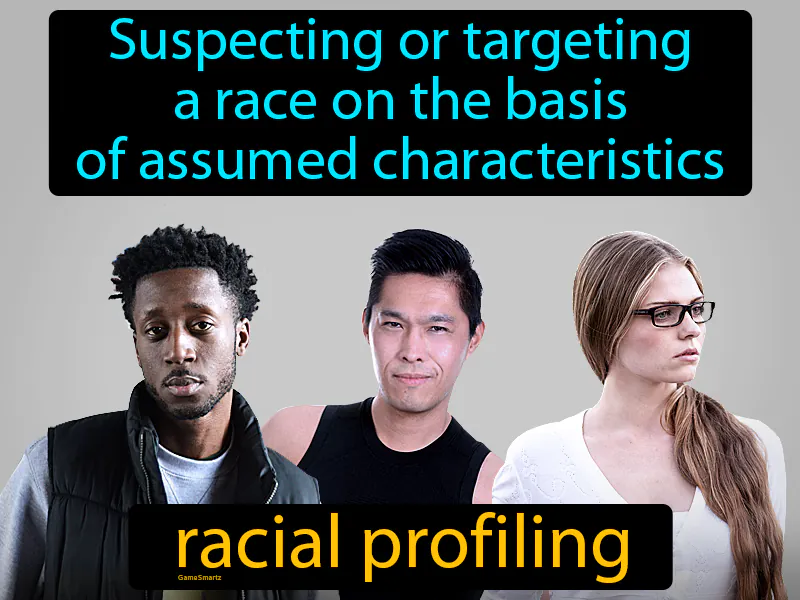Racial Profiling
Racial Profiling: Easy to understand
In the 2010s, racial profiling became a significant issue as many people and communities raised concerns about law enforcement targeting individuals based on race, especially in the United States. This practice was linked to broader discussions about systemic racism and the fairness of policing, often leading to protests and calls for reform. It was important because it highlighted how racial biases could lead to unjust treatment, affecting trust between communities and law enforcement. Today, racial profiling still matters because it can lead to discrimination and unfair treatment of certain racial groups, impacting their daily lives. For example, a Black person might be more frequently stopped by police while driving, just because of their race, leading to feelings of fear and mistrust.

Practice Version

Racial Profiling: Suspecting or targeting a race on the basis of assumed characteristics. Racial profiling is when authorities unfairly target people of certain races based on stereotypes, like during the era of stop-and-frisk practices.